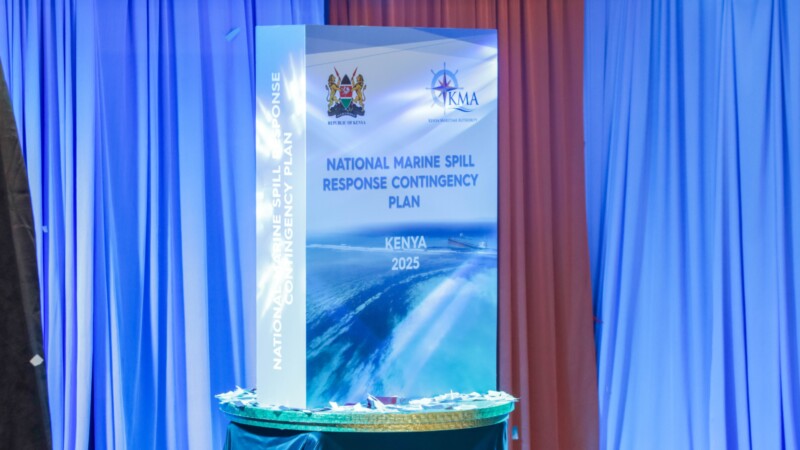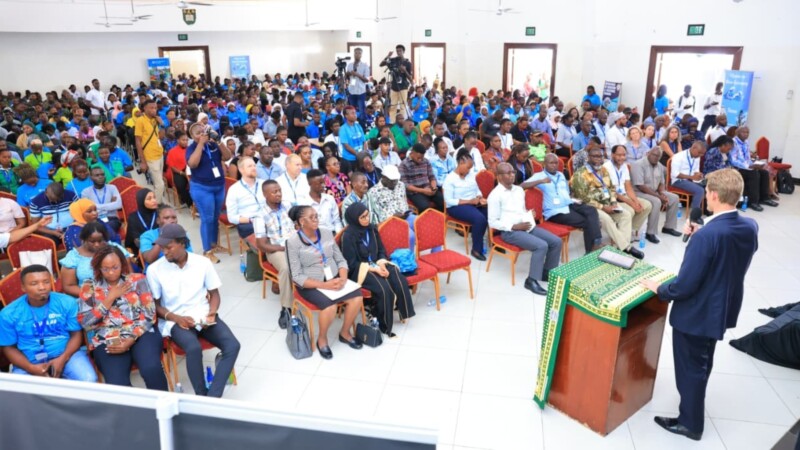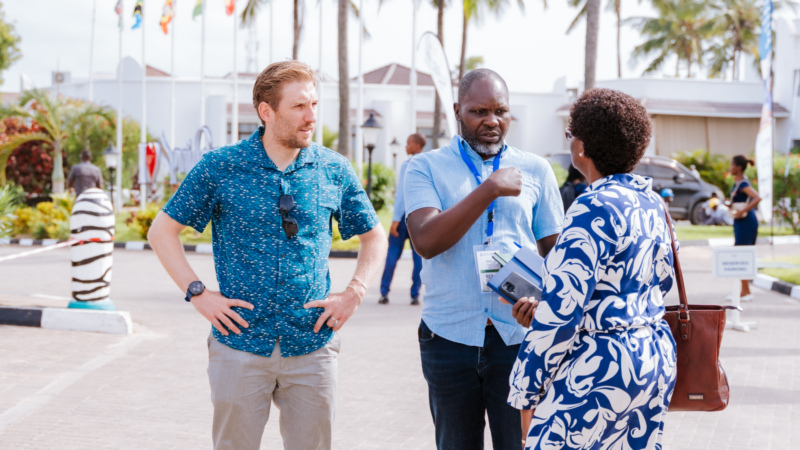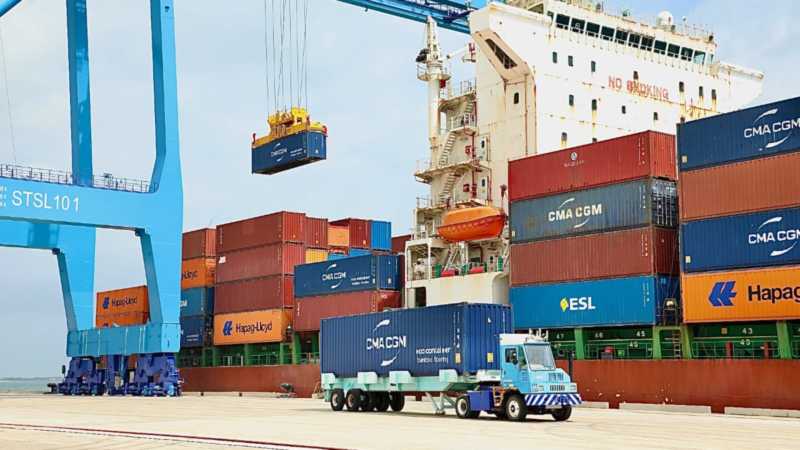By Mercy Mumbua
Fishing has long been considered a male-centric industry, with many considering it unfriendly to women.
Fishing is a multi-billion-shilling foreign exchange earner for the country and a source of livelihood for millions. Women, too, play an integral role in the industry's success.
Mercy Mghanga is one such woman who has broken the gender ceiling to become a trailblazer and champion for women's inclusion in the industry.
In a recent interview on the Wimbi la Mazingira show on Blue Radio, produced in collaboration with the Media for Nature organization, Mercy reflected on how she first entered the industry at the behest of a fellow woman already in the industry.
"When I started, I knew nothing about the fishing trade. I was a newlywed and as a stay at home wife, I needed to find a way to support my husband with the finances. It was another woman who mentored me and showed me the ropes. Now, I want to be that mentor for other women."

Mercy Mghanga speaks on her experiences as a woman in the fisheries entrepreneurial space while at Blue Radio Mombasa. Photo: Mercy Mumbua.
Mercy soared and thrived in the business, eventually supplying fish to many hotels in Mombasa and the coastal region.
2013 was a pivotal year for Mercy, as she became the first woman to chair a Beach Management Unit in Kenya. She was appointed chair of the Bamburi Beach Management Unit (BMU).
Discussing her role as the first female chairperson of a Beach Management Unit, she said, "Becoming the first Bamburi BMU chairperson was a significant step. It was not just about leading but about proving that women too can handle responsibilities in this sector just as well as men."
She was in charge of the welfare of the fishing and beach users' community, helping them address various challenges. Among the initiatives she championed was the fight against the "fish for sex" trade notion, which discouraged women's participation, and other traditional myths that viewed women as bad omens in the industry.
"We need to stop the belief that women participating in fishing bring bad luck," Mercy urges, challenging stereotypes and encouraging women to work hard.
Mercy is currently the coordinator of the Coast Women in Fisheries Entrepreneurship organization. Her leadership extends across the six coastal counties of Mombasa, Kwale, Kilifi, Tana River, Lamu, and Taita-Taveta.
The organization is associated with 102 beach management units along the coastline, supporting both men and women in the industry.
Her roles have allowed her to visit other countries, including Thailand, Gambia, Senegal, and Benin.
"In countries like Thailand and Gambia, I've seen the same issues we face here in Kenya. Women everywhere need to realize their potential and fight for their place in the industry." Mercy noted.
Despite these global challenges, Mercy remains a beacon of hope, urging women to recognize their capabilities, pursue self-employment, and combat poverty.
Mercy's advocacy extends to educating fishermen about laws and policies such as the Fisheries Act and navigating fishing regulations.
She lamented the government's lack of support for the sector in the same way it is supporting other sectors, such as agriculture, through subsidized seeds and fertilizer.
"Fishermen need to be aware of the Fisheries Act. Overcharging for insurance and the lack of government support are issues we need to address, especially when we see the kind of support given to the agricultural sector." Mercy stated
Mercy Mghanga continues to be a transformative figure in the fishing industry through her unwavering dedication. She advocates for greater recognition and support for women and local fishermen. Her journey from a novice to a leader is a testament to her resilience and commitment to breaking barriers and inspiring a new generation of women in fisheries.










